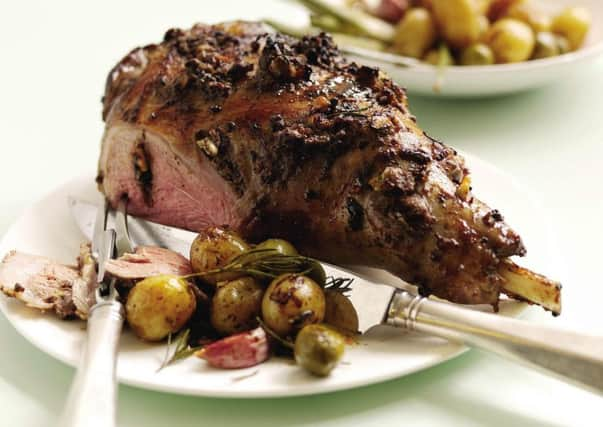Does rare breed meat taste better? For me the answer is an emphatic yes


We grew organically because there was no other option, animals were given time to develop naturally without hormones and families and friends sat round a table to eat.
Meat came from specific breeds and had good layers of natural fat. Some of those rare breeds have died out, but the Rare Breeds Survival Trust has been working to ensure this doesn’t happen since 1973. Serendipitously, Slow Food UK and the RBST came together last week for an event that had the Royal seal of approval. Sixty of us, from all around the UK were invited to Prince Charles’ residence, Highgrove in the Cotswolds, to discuss issues around rare breeds and how we can encourage everyone to eat them. Their motto is “Eat it, to keep it” - if we don’t eat these animals then they will die out. One of the questions was “Does rare breed meat taste better?” For me, and everyone else in the room, the answer was an emphatic yes. Mass produced meat mostly tastes of what I imagine a loofah would be like but rare breed meat has a satisfying and complex variety of flavours. Not unlike good wines. Each breed has its own particular taste profile plus a sense of the place where it was produced. Billy Muir breeds North Ronaldsay sheep on Orkney, where they feast on seaweed. The meat from his lamb or mutton will be completely different from a Dorset lamb from the Mournes.
Advertisement
Advertisement
One of my stand out food experiences this year was a slow roasted belly of pork, cooked on the bone, from Pheasant’s Hill Farm near Downpatrick. It was from a saddleback pig, had great fat cover and tasted divine. It wasn’t cheap but the quality was vastly superior to mass produced and a little goes a long way.
Alan Bailey, who owns Pheasant’s Hill has a stand in St George’s market in Belfast on a Saturday alongside other rare breed farmers like Hillstown and Greenmount Farms. To find producers in your area, check out rbstni.co.uk for suppliers.
Prince Charles is a great advocate of rare breeds and patron of the RBST. At his farm he has Tamworth and Large Black pigs, Irish Moilie, Gloucester, Shetland, Aberdeen Angus, Ayrshire and White cattle, and Hebridean and Cotswold sheep. Clover, dandelions,daisies,yarrow and herbs are planted in the grass - a method that was widespread before the Second World War and the best way of fattening an animal and ensuring that the meat is as flavoursome as possible.
The Prince is passionate about food and farming and obviously does some of the ground work as he definitely has the hands, and firm handshake, of a seasoned farmer!
Advertisement
Advertisement
My first recipe this week is for Moroccan lamb using neck fillets.
They’re a cheap cut but marinated and roasted are a delicious treat. And if you source good lamb all the better. The other recipe is for a feast of pork – grilled pork chops, slow cooked ribs licked with barbecue sauce and then tossed into apples and onions.
Pork chops from a rare breed like saddleback are layered beautifully with fat and have reddish flesh.
They sizzle perfectly on the barbecue and work well with the sweet, slow cooked meat of the ribs.